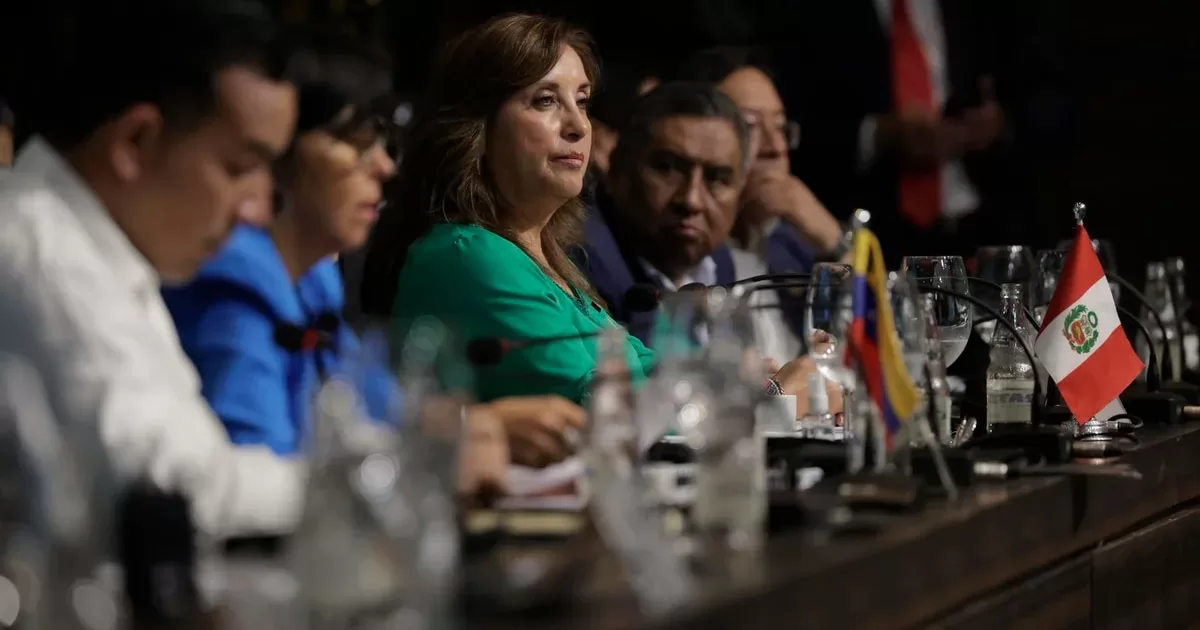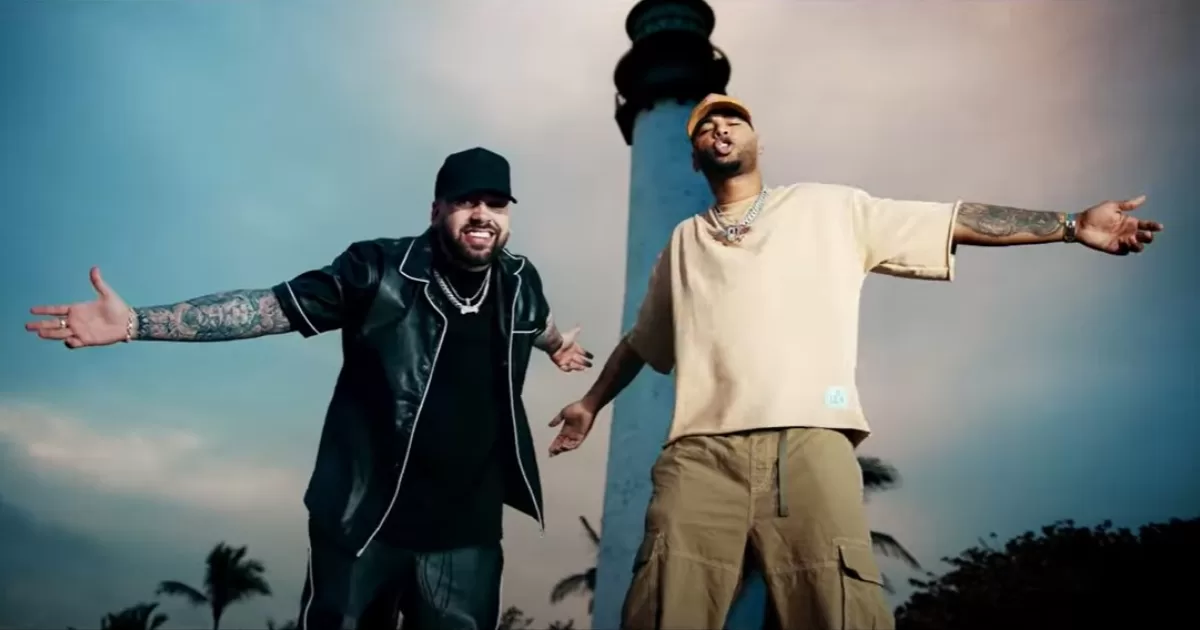While Russia is making no significant progress in its spring offensive and is losing soldiers and material on a massive scale, Ukraine is building three completely new army units with up to 60,000 soldiers. They could launch a major offensive within the next few weeks to recapture significant parts of the occupied territories.
The units are mostly equipped with western weapons, although it is unclear when how many soldiers will actually be ready for action and what their level of training is. The Ukrainians want to solve the problem of the different weapon systems in such a way that each unit only operates on one weapon system. So one unit would operate with German Leopard tanks while the other has British Challengers. This also applies to infantry vehicles, for example.
The British ex-commander Hamish de Bretton-Gordon has now commented on the possible impact, especially of the tanks from the west, also a tank soldier in his capacity. He says that the delivery of the 60 or so Western tanks that are about to go to Ukraine or are already there will have more of a psychological effect than actually shifting the balance of power on the battlefield (source here).
“You would need at least 100 western tanks for a serious hit”, he says. In the past few months, the Ukrainians have always named 300 tanks from the West that they would like to have. “But psychologically, the deliveries are hugely positive for the Ukrainians and hugely bad for the Russians,” adds Bretton-Gordon.
He emphasizes the ability of western tanks to fight at longer distances and at night. Bretton-Gordon believes the tanks will be used to breach Russian lines. Behind them would then be the regular forces with Soviet-designed equipment.
It is not yet clear when exactly the offensive will begin. After a series of precision strikes on Russian command posts and supply depots in the last week of March, observers assumed that these could be preparations for the offensive. Targets in southern Ukraine were hit. However, no further attacks of this kind took place in the past few days – at least none became public.
The most important news of the day
- “Will do anything to bring Evan home”: US reporter Evan Gershkovich has been jailed in Russia on espionage charges. So far he has not received any consular assistance. Read more about the current status of the case here.
- Meanwhile, a colleague of US reporter Gershkovich criticizes the Kremlin’s tyranny. “Putin has decided to take Evan hostage,” says former Moscow correspondent for the New York Times, Anton Trojanovsky. More here.
Ukraine reports Russian drone attacks – Odessa particularly affected. There were said to have been 17 attacks with kamikaze drones on Tuesday night, 14 of which were shot down, according to Ukrainian sources. Nobody got hurt. More here. - Lavrov threatens EU with crackdown: The Russian foreign minister is outraged that the West is supporting Ukraine. And the Duma President says there is blood on the hands of Biden, Scholz and Macron. More here.
- Russia’s military is apparently looking for a replacement for Wagner mercenaries. The background is said to be the major discrepancies between Prigozhin and the Russian Ministry of Defense. However, there is currently no equivalent replacement. More here.
- Lithuania passed a special law on national sanctions for Russian and Belarusian citizens in response to Russia’s war of aggression against Ukraine. The regulation was approved by the parliament of the Baltic EU and NATO country in Vilnius on Tuesday. For example, it provides for restrictions on Russians and Belarusians obtaining Lithuanian visas, importing Ukrainian hryvnia, entering Lithuania and buying real estate. More in our live blog.
- The woman arrested in connection with the violent death of Russian military blogger Vladlen Tatarski has been formally charged with terrorism. This is announced by the state investigative committee, which has the powers of a public prosecutor’s office. The 26-year-old Russian was arrested on Monday and is said to have presented Tatarski with a figure with a hidden explosive device.
- In Ukraine, Economics Minister Robert Habeck (Greens) spoke with Kiev’s Prime Minister Denys Schmyhal about a stronger presence of German companies in the war-torn country. Business representatives also took part in the talks, as the government in Kiev announced on Tuesday. “Insuring against war risks is a critically important issue for the economy,” Schmyhal said, according to the statement. There is a pilot project with the World Bank agency MIGA and the US company DFC.
- According to EU foreign policy chief Josep Borrell, Russia’s plans to station nuclear weapons in neighboring Belarus pose a threat to Europe. Russian President Vladimir Putin is escalating the situation without having achieved anything, Borrell said in Brussels on Tuesday. His latest nuclear poker game is a direct threat to European security. Just over a week ago, Borrell wrote on Twitter: “The EU is ready to respond with further sanctions.”
- After analyzing images, experts from the US Institute for War Studies (ISW) supported the claim by Wagner boss Yevgeny Prigozhin that the embattled city of Bakhmut in the Donbass had been “legally” taken. The leadership in Kiev had rejected that. According to them, the Wagner troops continue to advance with the support of the regular units of the Russian armed forces in the center of Bakhmut.
- Foreign Minister Annalena Baerbock (Greens) has called on Russia to stop mining agricultural land in Ukraine. The mines not only result in many civilian casualties, but also prevent numerous farmers from tilling their fields and bringing in the harvest, said Baerbock, according to a statement from the Federal Foreign Office in Berlin. “In this way, Russia is reducing the food supply on the world market and is thus increasing hunger in the world.”
To home page



